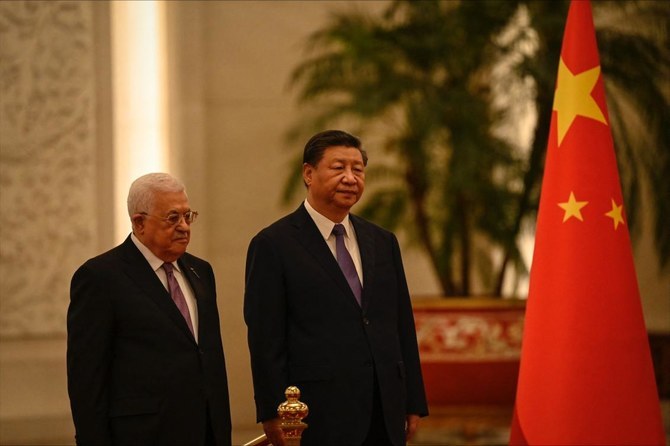
COVID-19 pandemic has opened new horizons for companies amid changing traveler demands
Many in the travel tech sector are adapting to the changing needs of travelers and thriving
CAIRO: Travel has been one of the most severely affected sectors during the coronavirus pandemic. With many countries closing their borders and introducing lockdown measures to contain COVID-19, the industry witnessed its worst performance in decades.
Between January and March 2021 destinations around the world welcomed 180 million fewer international arrivals compared with the first quarter of last year. Asia and the Pacific continued to suffer the lowest levels of activity with a 94 percent drop, followed by Europe ( -83 percent), Africa (-81 percent), the Middle East (-78 percent) and the Americas (-71 percent).
This all follows on from the 73 percent fall in worldwide international tourist arrivals recorded in 2020, making it the worst year on record for the sector, according to UN World Tourism Organization (UNWTO) figures.
Yet, there are signs of recovery, with many in the travel tech sector already adapting to the changing needs of travelers and some even thriving in the new normal.
Fundok, a newly launched digital solution platform for the hospitality sector, expanded its offerings to meet the changing needs of today’s traveler. (Supplied)
The pandemic has brought about significant changes in the way people move about. Rana Dababneh, founder of Pomalo Travel, said that although she sees far fewer travelers today, those who do travel want to go to safe and remote destinations.
“Even from early on in the pandemic, we could see that the face of travel will change,” she said. “We started looking at destinations that offer natural isolation, and are full of wilderness and nature experiences, away from cities.”
For this boutique travel agency in Amman and Dubai, the Maldives was the top destination in 2020 because of its remoteness and natural appeal. However, with countries frequently updating their travel restrictions, people are becoming wary about taking a journey.
“It’s also about trust in the system,” said Dababneh. “If I travel, I need to know that I can come back. It’s not only about COVID-19 but about things not getting complicated.”
Indeed, according to a recent survey across 12 countries, respondents in the UAE were concerned about border closures while traveling and having to quarantine in their destination. In fact, they were more worried about having to quarantine than the risk of catching the virus, either on a flight or while abroad, the survey found.
INNUMBERS
* 73 percent - Drop in worldwide international tourist arrivals in 2020.
* 78 percent - Drop in tourist arrivals in Middle East destinations.
While the pandemic hit the industry severely, it also prompted travel tech startups to turn to technology in this new age of travel.
Trift, a travel platform that encourages sustainable destination experiences, launched virtual tour guides during the pandemic for people to preview destinations from the comfort of their homes.
“We have used this downtime to pivot to a new offering that will help people plan better for their next holiday after the pandemic,” said co-founder Tarun Krishna.
“We also wanted to support our community of local guides and travel content creators by launching ‘Virtual Experiences,’ an interactive travel discovery and planning experience available in both on-demand and live formats.”
As a result, Krishna recently piloted a project with the Institute for Development of Bonito in Brazil to digitally support tourism in the country. The venture makes natural experiences accessible to everyone while also paving the way for paid on-demand virtual experiences to support local tour guides.
At a time when contactless interactions are preferred and guests want less contact with people, digital solutions are proving valuable. (Supplied)
Meanwhile, Fundok, a newly launched digital solution platform for the hospitality sector, expanded its offerings to meet the changing needs of today’s traveler. In addition to providing destination insights and content, it recently developed a range of digital services, including check-ins/check-outs, room guides and concierge services.
All are available on tablets in rooms and apartments as well as on guests’ mobile phones. “We moved from service-based to holistic experience solutions,” said Mohamed Nassar, the platform’s co-founder.
At a time when contactless interactions are preferred and guests want less contact with people, these digital solutions are proving valuable. So far, the startup has boosted its portfolio by about 300 percent and recently expanded to Cairo.
Nassar is optimistic about the future. “There has been much said about the doom and gloom, but we are all still here. Businesses are much more resilient and adaptive to the current environment than we think. Nothing is easy, but we’re hopeful for 2021,” he said.












